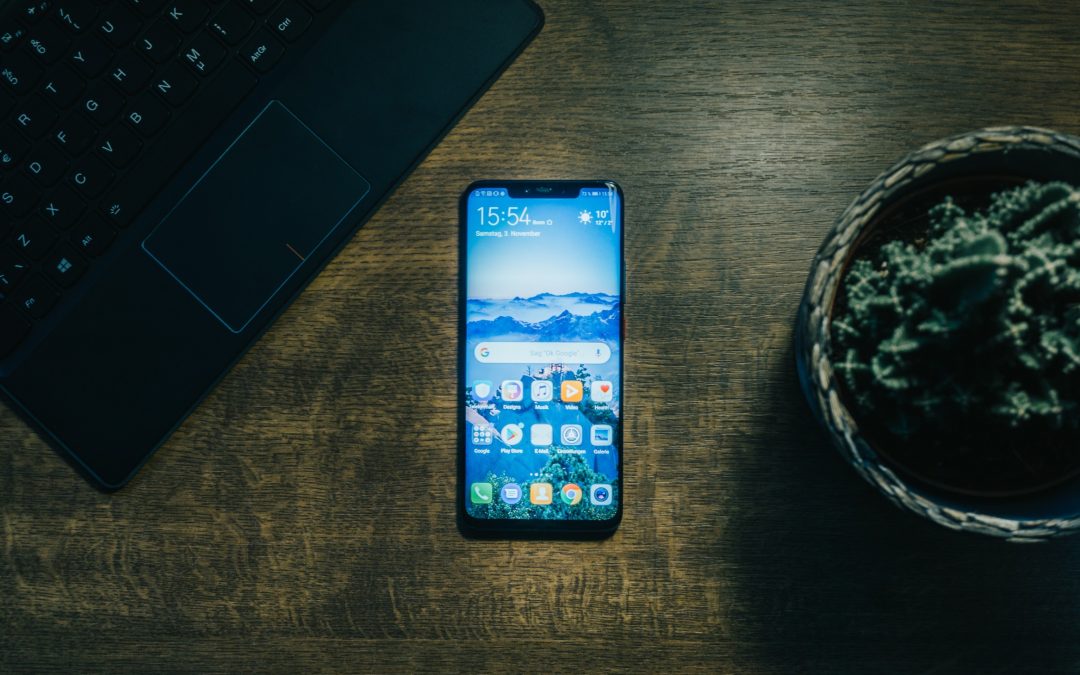Ofcom’s Director of Market Intelligence, Ian Macrae, said:
“Over the last decade, people’s lives have been transformed by the rise of the smartphone, together with better access to the internet and new services.
“Whether it’s working flexibly, keeping up with current affairs or shopping online, we can do more on the move than ever before. “
The report found that 72% of adults say that their smartphone is their most important device for accessing the internet; 71% say they never turn off their phone; and 78% say they could not live without it. The amazing thing is that these figures still appear to be rising.
So, most importantly for us, how can mobile phones and mobile apps support and help your business grow? We have six things for you to consider.
1. Access to tools and resources around the clock.
In general, our demands and expectations towards finding information, and towards the length of time it should take to find it, have vastly increased. Information should be readily available, and buffering and tedious searching will often be cut short so we can try something else. Generally, we’re always on the lookout for a better user experience.
Apps provide the opportunity for you to compile your information and resources into one streamlined solution which can be accessed whenever it is convenient – with no wait time.
Apps can provide solutions for downloadable resources, communication requests, client referrals, marketing incentives, video content, up-to-date news, software, secure content sharing, tax updates, tax calculators and so much more.
2. A new marketing and communications channel.
An app can be an additional channel in your current marketing mix. Use it for targeted marketing, with geolocation tools which can filter customers according to where they are based.
The user can also set permissions and personalisations which tailor the app to be suitable to their preferred working methods. Push notifications can be sent to bespoke categories allowing only the most relevant alerts and reminders – for example, a deadline notification, an event RSVP, perhaps a special offer, or new content which is available in the app.
Video content can be added to your app where your clients can access your most recent uploads with business advice, tutorials, and any other content you wish to include.
3. Gather consumer data.
By fully utilising your app to streamline business processes, you can collect data on how your clients engage with the app. What content are they accessing, and how regularly do they use it? Which resources are most popular, and which resources are not used?
You can then investigate what other services your clients require to get them more engaged with your service offering. Naturally, and in line with privacy regulations, this provides a directional view of customer behaviour. In order to get more specific, you will then need to ask for permission from your clients and to store their information securely and in line with GDPR regulation.
4. A new contact and sharing solution.
Today, there are plenty of quick options enabling clients to get in touch with you, and any of them can be featured on your app. It just depends what you would prefer.
To name a few, you could take client referrals via an app module, through meeting requests, and even by video calling.
5. Optimising business workflows.
Whether your business is a complex manufacturing process or whether it manages a sales pipeline, apps can provide a convenient and efficient way to optimise a business workflow.
For example, consider a salesperson taking business cards who later records the client information from them. Through an app, you could streamline this process through an off-the-shelf CRM or through a bespoke module which can take a photo and automatically scan the data into the system.
6. Improved user experience through Smartphone capabilities.
When considering using or developing your own app for your business, consider how you can leverage the technology inherent in the smartphone device – whether that’s Bluetooth, GPS, face recognition, or voice recognition.
A common example is to use the camera to interact with QR Codes. For firms with stock management, this approach can be used so that they can quickly assess product details through a simple scan of the code. In addition, consider how GPS tracking can be used, for example, to indicate where your package is being delivered and the estimated time of arrival.
Lastly, interactions do not need to be limited to typing. With voice recognition, apps can take on more of an “assistant” role, which you can engage with through voice commands and instructions.
In summary, whatever your business, there is an ever-growing need for the mobile workforce to have their office in their hand. Apps provide this capability, and, through bespoke development, your app can take on its own unique form to help accelerate and grow your business.
Contact us for more information or download our app on Apple and Google Play.
